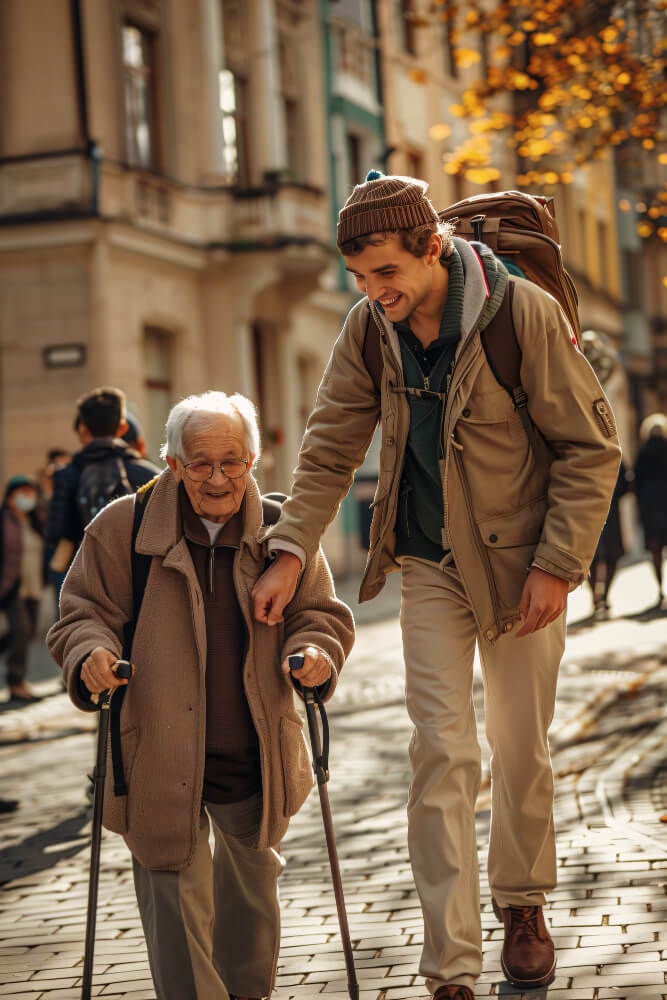

Overcome London City Stress with Emotional Freedom Technique
Explore how the emotional freedom technique can help Londoners manage stress and anxiety in a fast-paced environment.


How to Actually Stay on Track With Your Health Goals
Learn how to stay on track with health goals even when life gets busy and unpredictable. Find your balance today.


Holistic Approach to Health for Modern Living
Discover how a holistic approach to health can transform your well-being by addressing the mind-body connection and balance.


Effective Lawn Repair To Fix Patchy, Thin Grass
Revive your lawn with effective lawn repair strategies. Learn how to restore dense turf with practical steps and reliable results.


How Acupuncture Supports Dental Health
Find out how acupuncture can stimulate healing and improve your dental health journey alongside traditional treatments.


Why Learning to Accept Emotions Reduces Overwhelm
Learn to accept emotions and soften your internal struggles. Discover how emotional acceptance can bring stability to your life.


Signs You May Be Experiencing Cognitive Symptoms After a Car Accident
Explore cognitive symptoms after a car accident that may go unnoticed but significantly impact daily life.


Skills Every Future Holistic Therapist Should Develop
Explore essential therapist skills needed in holistic therapy. Emotional intelligence and ethical judgment are key to effective support.


Workout Mistakes Are More Common Than You Think: Staying Safe On Your Fitness Journey
Avoid common workout mistakes that can hinder your fitness journey and learn how to stay on track towards health and wellness.







